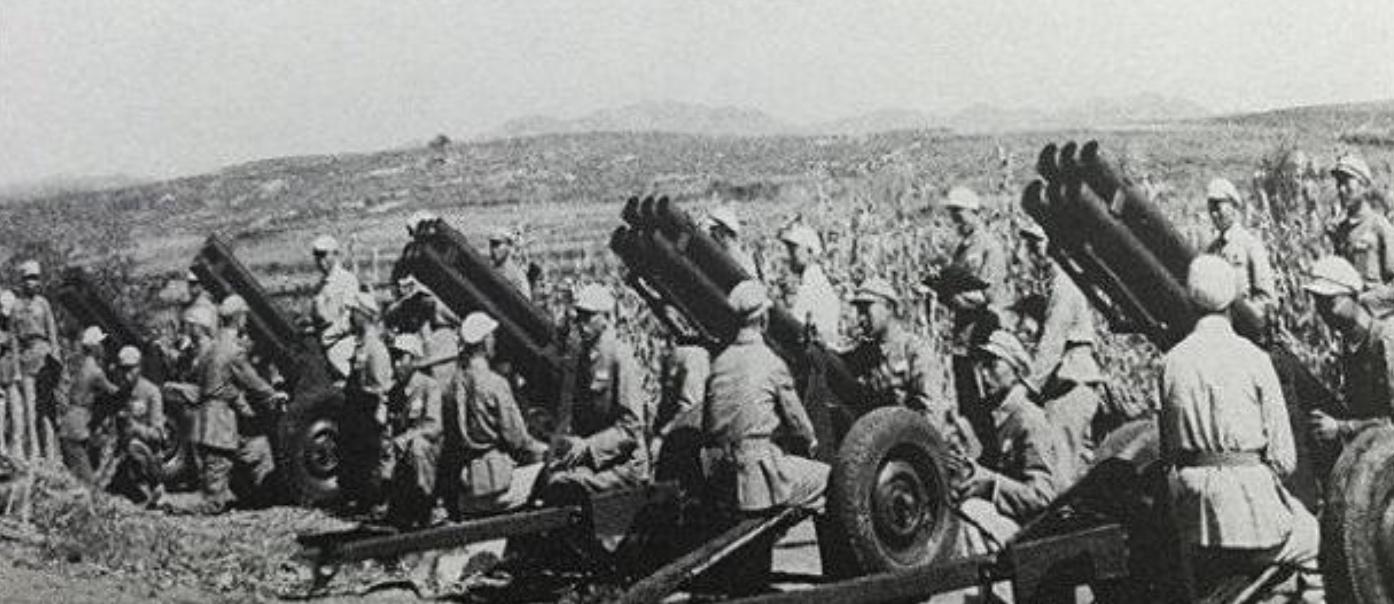In the Campaign to Resist US Aggression and Aid Korea, there were five major battles and two stages, and the Battle of Shangganling was the most important battle since the War to Resist US Aggression and Aid Korea entered the second stage, and it was also the most intense and famous battle that took place after World War II.

In this campaign, the number of people on both sides involved in the battle exceeded 100,000; the casualties on both sides were very serious, the number of casualties on our side exceeded 11,500, while the casualties of the US troops were even more tragic, with 15,000 casualties; more importantly, this battle can be called a "decisive battle" of the War to Resist US Aggression and Aid Korea, and this battle made the Americans thoroughly understand what is called "real Chinese.", and this battle played out the command art, fighting style, and unity spirit of our army, and played out the national prestige of our country; at the same time, It was also because of the Battle of Shangganling that the LOSSes of the US troops were too heavy, and finally they had to stop the offensive and begin to talk about peace, thus laying the north-south boundary between Korea and South Korea.
After the war, there was a discussion about why the volunteers won? Or it should be asked: Why did the US military lose? It should be known that the gap between the two armies at that time was more than a star and a half, not to mention that the United States was one of the two largest and strongest powers in the world at that time, with the most sophisticated weapons and troops in the world at that time, not to mention the help of South Korea and the "United Nations Army" next to it.
What are the Volunteers? At that time, the Chinese volunteer army was temporarily convened, although commander-in-chief Peng, who led the troops, was experienced in hundreds of battles and was a veteran of the War of Resistance Against Japan, but many of the volunteers were new recruits who had just come out of the military academy, not to mention going to the battlefield, the guns did not know whether they had touched it several times, and a large number of them fell from the southern military region, and they had never even seen snow. Because they were in a hurry, many people rushed to the Korean side in single clothes, which was also the place where the volunteer army failed, and before it reached the front line, many people in our army suffered casualties in the snowy mountains of Korea because of frostbite and lack of temperature.
Such a stark contrast, the US military was not only beaten to the ground, but also suffered so many casualties than the volunteer army, which is not only amazing, what is going on? For this question, a U.S. military involved in the war named Lloyd M. R. Moses' regimental commander said: "There are 9600 people in a regiment of volunteers. The implication is that our army only won the war by relying on the tactics of the sea of men, and their losses are only not as many as ours. Not really.
At that time, the number of people participating in the war of our army was 43,000, while the US army had more than 60,000 people participating in the war, and our army did not even have enough 50,000 people to participate in the war. Not to mention the numbers, on the first day of the battle, the U.S. army fired a fierce shell bombardment at our army, six shells fell every second, and the volunteers recalled that at that time, like hell on earth, many of the soldiers were injured, and even a 17-year-old soldier was shocked to death.
The total area of the entire campaign site is only 37,000 square kilometers, during the battle the U.S. army fired nearly 2 million shells, this battle is almost like trying to drown our army with shells, so if our army really uses the tactics of the sea of people, the "shell tactics" of the US army can solve us, which shows the absurdity of the words of the commander of the Moses regiment.
The reason why our army was able to win was more because of our army's high ambition and spirit of not being afraid of death, as well as its strong and indomitable will and tactics tailored to local conditions, such as Moses and the like, but they were just making excuses for their own failures.